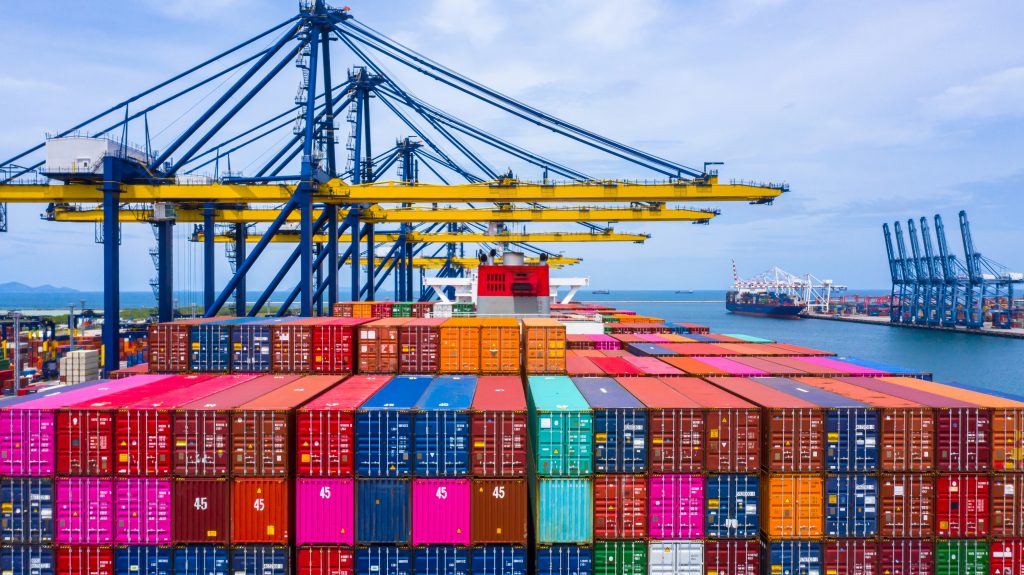
- ARAB NEWS
- 05 Jul 2025

TOKYO: Japan and other Asia-Pacific countries will sign the Regional Comprehensive Economic Partnership on Sunday, Japanese Prime Minister SUGA Yoshihide said Saturday.
In Sunday’s summit meeting, a broad agreement on the regional free trade agreement is expected to be reached by Japan and 14 other countries, excluding India, which withdrew from negotiations last year.
RCEP will be Japan’s first free trade agreement with China or South Korea and create an extensive free trade zone that covers about 30 percent of gross domestic product and the population in the world. The 15 nations have a total population of 2.3 billion.
From Japan, Suga will join the meeting, which will be held in a teleconference format.
Speaking to reporters, Suga suggested Tokyo’s intention to keep calling on India to return to the framework. In the summit meeting, Japan will “communicate its stance of seeking a larger economic zone that is free and fair, including the possibility of India joining the deal in the future,” Suga said.
RCEP has been negotiated by countries including Japan, China, South Korea and the 10 member states of the Association of Southeast Asian Nations.
Tariffs on goods will be abolished or reduced under the proposed pact, helping Japan increase its exports of industrial products and food.
Rules on economic activities with a high degree of freedom to be laid out under the pact are expected to spur trade and investments as well as corporate activities in the region.
With RCEP, Japan hopes to support a recovery in the domestic economy, which has been battered by the coronavirus crisis.
The deal will cover 20 fields including tariff abolition and reductions, the protection of intellectual properties and e-commerce rule-making.
China and South Korea will scrap their tariffs on Japanese sake, “shochu” distilled spirits and wine in stages, while Japan will eliminate its tariffs on rice wine from China and “makgeolli” alcoholic drinks from South Korea.
Tariffs on chocolate and other sweets made in Japan are expected to be gradually removed, benefiting Japanese exporters.
Five agricultural product categories considered sensitive for Japan–rice, wheat, beef and pork, dairy product and sugar–will be exempted from the tariff cuts or abolition.
The 15 nations plus India began negotiations on RCEP in 2013. India left the negotiations last year due to concerns about an expected influx of cheap imports from China.
Even after signing the deal without India, the 15 nations plan to create a system allowing India to return to the framework once it is ready.
JIJI Press